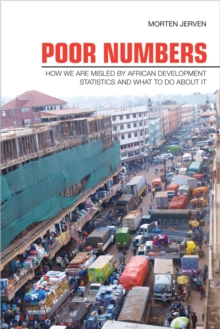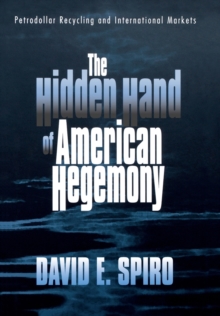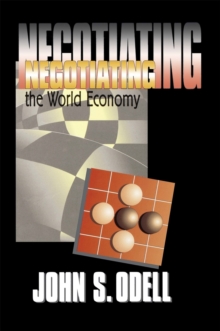
Hierarchy in International Relations Paperback / softback
by David A. Lake
Part of the Cornell Studies in Political Economy series
Paperback / softback
Description
International relations are generally understood as a realm of anarchy in which countries lack any superior authority and interact within a Hobbesian state of nature.
In Hierarchy in International Relations, David A. Lake challenges this traditional view, demonstrating that states exercise authority over one another in international hierarchies that vary historically but are still pervasive today. Revisiting the concepts of authority and sovereignty, Lake offers a novel view of international relations in which states form social contracts that bind both dominant and subordinate members.
The resulting hierarchies have significant effects on the foreign policies of states as well as patterns of international conflict and cooperation.
Focusing largely on U.S.-led hierarchies in the contemporary world, Lake provides a compelling account of the origins, functions, and limits of political order in the modern international system. The book is a model of clarity in theory, research design, and the use of evidence.
Motivated by concerns about the declining international legitimacy of the United States following the Iraq War, Hierarchy in International Relations offers a powerful analytic perspective that has important implications for understanding America's position in the world in the years ahead.
Information
-
Available to Order - This title is available to order, with delivery expected within 2 weeks
- Format:Paperback / softback
- Pages:248 pages
- Publisher:Cornell University Press
- Publication Date:01/01/2019
- Category:
- ISBN:9780801477157
Other Formats
- EPUB from £13.11
- PDF from £13.11
Information
-
Available to Order - This title is available to order, with delivery expected within 2 weeks
- Format:Paperback / softback
- Pages:248 pages
- Publisher:Cornell University Press
- Publication Date:01/01/2019
- Category:
- ISBN:9780801477157










